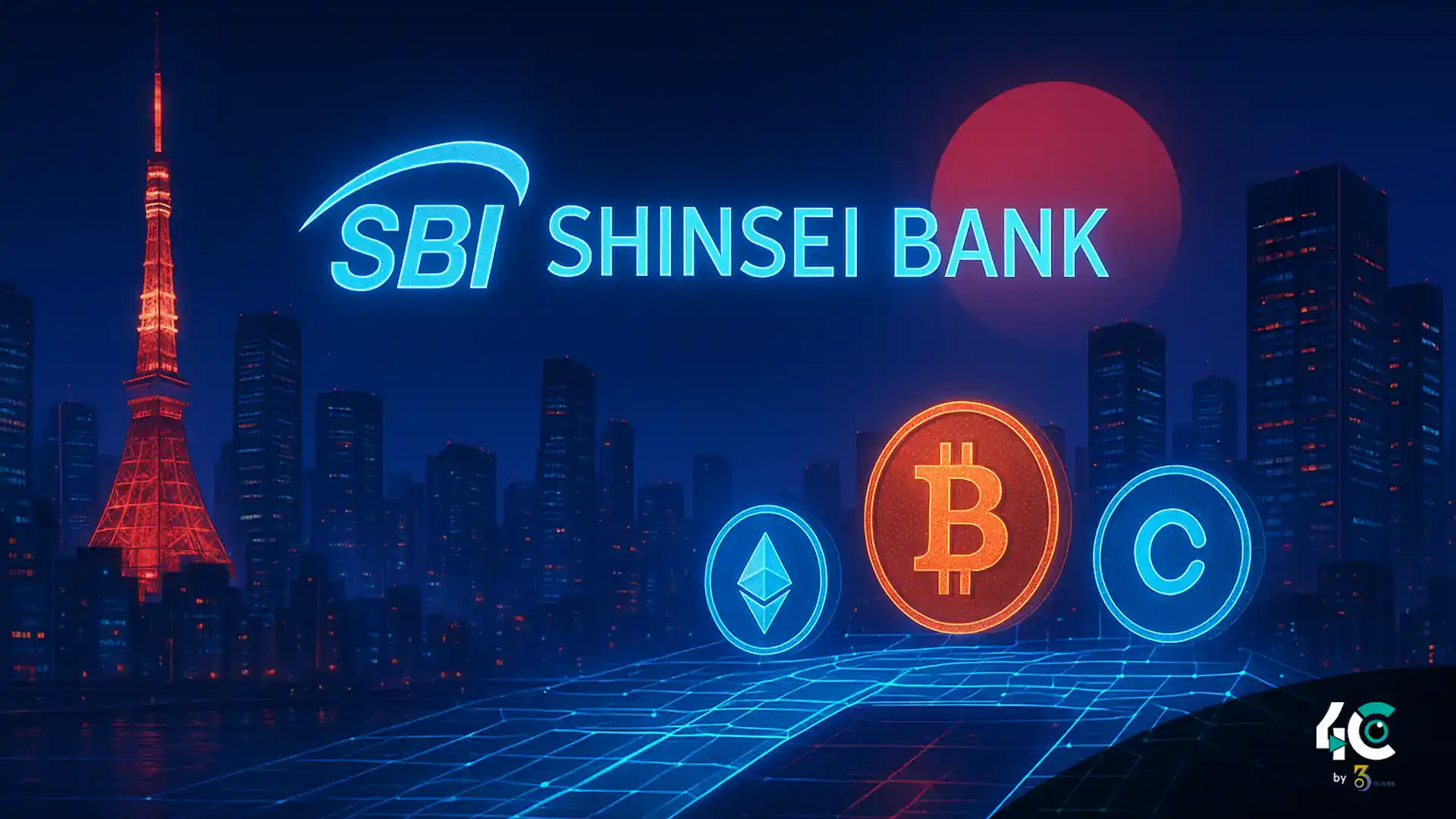SBI Shinsei Bank Partners on Tokenized Deposit Network
SBI Shinsei Bank has entered into a memorandum of understanding (MoU) with Singapore-headquartered Partior and Tokyo-based DeCurret DCP to speed up the development of tokenized cross-border payments. The program aims to reduce settlement times and costs while allowing real-time clearing for multiple currencies.
At present, DeCurret is running DCJPY — an exchange for Japanese banks to issue yen-denominated tokenized deposits. SBI Shinsei’s new partnership plans to develop other major currencies in response to the rising global demand for faster and more secure international payments.
How Partior Brings Multicurrency Blockchain Settlement
Over the years, Partior’s interbank settlement infrastructure has been championed by heavyweights like JPMorgan, DBS Bank, Deutsche Bank, and Standard Chartered for USD, EUR, and SGD. The two are now looking to add the Japanese yen to the system as well.
The arrangement outlines clear roles:
- SBI Shinsei → Tokenized deposit issuance
- DeCurret DCP → Linking DCJPY with Partior’s global network
- Partior → Aims to include currencies like yen and plans expansion
If completed, this mechanism will challenge correspondent banking, known for high costs and slow service through layers.
Also Read : CFTC Nominee Brian Quintenz Accuses Winklevoss Twins of Undermining His Confirmation
24/7 Global Settlement Vision
Firms expect the blockchain settlement network to be operational continuously, clearing payments instantly. This is in line with the Bank for International Settlements’ (BIS) Project Agora which aims to integrate tokenized bank deposits with wholesale central bank money via a unified ledger or smart contract system.
The Monetary Authority of Singapore (MAS) is exploring tokenization for lending, securities trading, and forex transactions as part of Singapore’s Project Guardian, pointing to a rising global race for tokenized finance infrastructure.
In other words, if the SBI Shinsei – Partior – DeCurret alliance is successful, it could open doors for next-gen cross-border payments and accelerate on-chain settlement models.



























